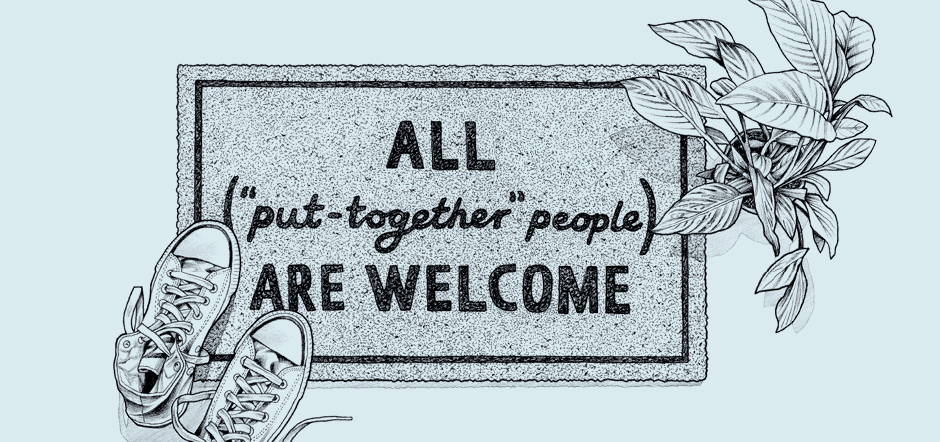A plate of freshly baked cookies sat neatly in the middle of the coffee table. Warm light from several lamps filled the room with a cozy glow. My wife and I sat there on the couch, looking out the bay window, awaiting our first guests.
We had been married about a year. Although an older, wiser couple had encouraged us to limit extra responsibilities, we thought it would be okay to lead a small group for our church when asked. The commitment was just once a week, and discussion would surround the previous Sunday’s sermon. Aside from opening our home, little else was required.
My wife didn’t know it, but I had ulterior motives. Yes, I wanted to make space for folks to get more engaged in our community, but I also wanted to meet other young professional couples in the area—successful people with whom we could network.
People started showing up, and they were different than I had expected. Almost all of them were single, and by the end of the first night, we discovered many of them were dealing with major life issues. One young woman suffered various painful ailments; another had constant anxiety and struggled with social interactions. One guy had problems finding stable employment—not exactly the new company I had hoped to make. I wanted “put-together” people, not folks with crises. When everyone left, my wife and I stared at each other. Though she didn’t share my selfish motives, I could tell she and I were thinking the same thing: What have we gotten ourselves into?
She and I were thinking the same thing: What have we gotten ourselves into?
Yet over the following weeks and months, we felt a growing fondness for every person who showed up on Tuesday nights. They started bringing friends in similar situations. We found moments of laughter, and we prayed for the pressing needs—seeing God answer, in His own way and time—and most importantly, we got to know one another on a deeper level. I began to see how foolish I had been to expect that a certain “type” of person should form this new community.
At the time, we had escaped the Great Recession of 2008 unscathed. But not long after, as construction projects ground to a halt, the architecture firm where my wife worked closed its doors. Now we faced our own personal crisis, and our small group community rallied around us. Throughout their own struggles, they had developed a depth of empathy that helped them sit with us in our difficulty.
“[The disciples] were not perfect, but they were open to growing and learning God’s ways.”
In Charles F. Stanley’s Handbook for Christian Living, he writes:
Christ wisely surrounded Himself with twelve men with great potential. His team certainly had not arrived. They were rough, though ready to meet the challenge with enthusiasm. They were not perfect, but they were open to growing and learning God’s ways. They were from diverse backgrounds. The diversity was an asset rather than a liability. They built on the strengths of one another and valued the uniqueness of their perspectives.
The things about our new friends that I had initially bristled against became something altogether endearing—and convicting. I faced a moment where I realized my life wasn’t nearly as “put-together” as those imaginary people I first wanted to fill our group. Thankfully, God sent us the friends we needed, not the ones I wanted. Each of them had something unique to give the rest of us, and I can only hope we offered something in return.





